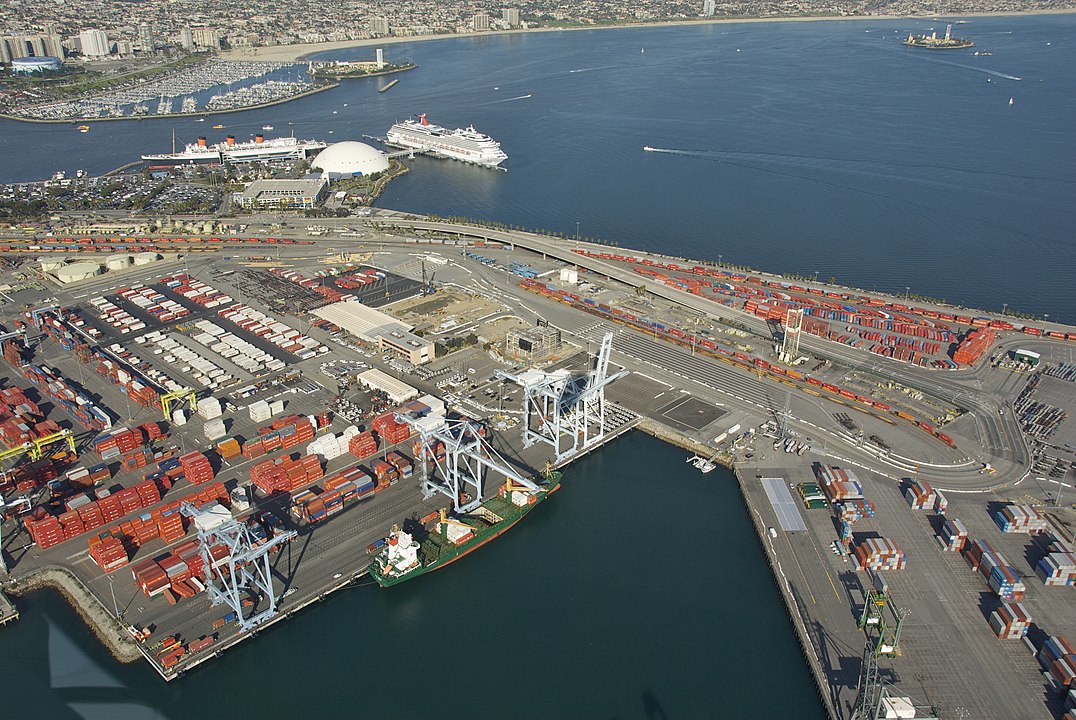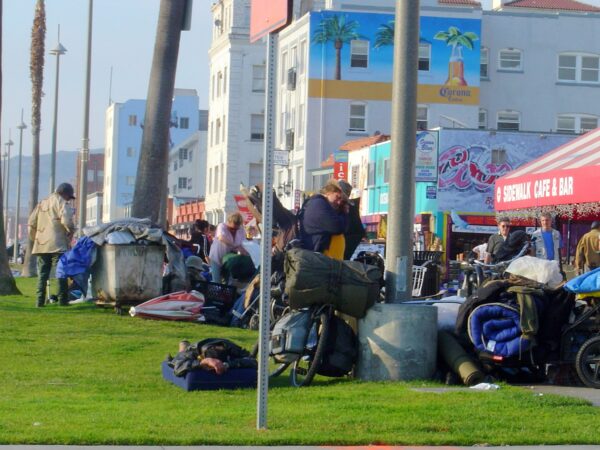Trade at the Port of Long Beach declined 30% in March from the same period last year, port officials announced Wednesday, attributing the cargo decline in part to full warehouses, slower spending and changing trade routes.
Dock workers and terminal operators moved 603,878 twenty-foot equivalent units in March. Imports decreased 34.7% to 279,148 TEUs while exports increased 16.9% to 133,512 TEUs, and empty containers moved through the port declined 40.5% to 191,218 TEUs.
“Warehouses remain full and fewer cargo containers are crossing the docks because consumer spending remains slow,” said Mario Cordero, executive director for the Port of Long Beach. “We are ready for a rebound in retail as we work with our industry partners to recapture market share.”
Economists say financial markets are starting to stabilize following fears of a banking crisis in March. Additionally, consumers spent less as income growth slowed, savings buffers declined and credit card debt rose, according to port officials.
“We continue to invest in our infrastructure projects and look for ways to efficiently and sustainably move cargo so our consumers new and old are reminded why we are the port of choice,” said Sharon Weissman, president of the Long Beach Harbor Commission. “We will be ready when cargo volumes are on the rise again.”
The port has moved 1,721,326 TEUs during the first quarter of 2023, a decrease of 30% from the same period in 2022. Complete cargo numbers can be found at visit https://bit.ly/3MUNIYK.
The ports of Long Beach and Los Angeles experienced worker shortages earlier this month that resulted in a two-day closure. The shortage came amid protracted labor negotiations between the union that represents West Coast dock workers and the industry group representing shippers.
Both parties are negotiating a new contract with priories in wages and the role of automation. The old contract with the International Longshore and Warehouse Union expired July 1.







